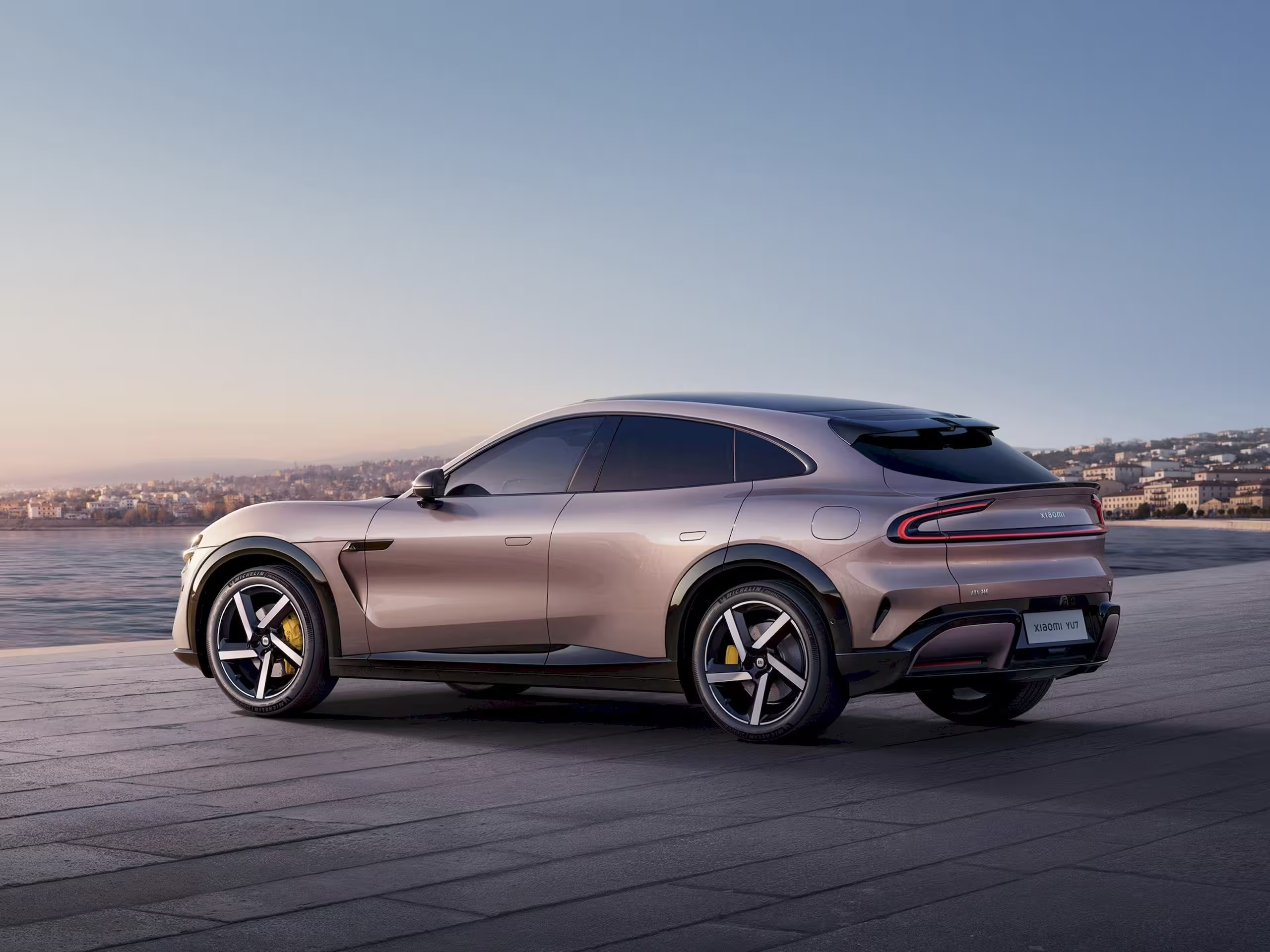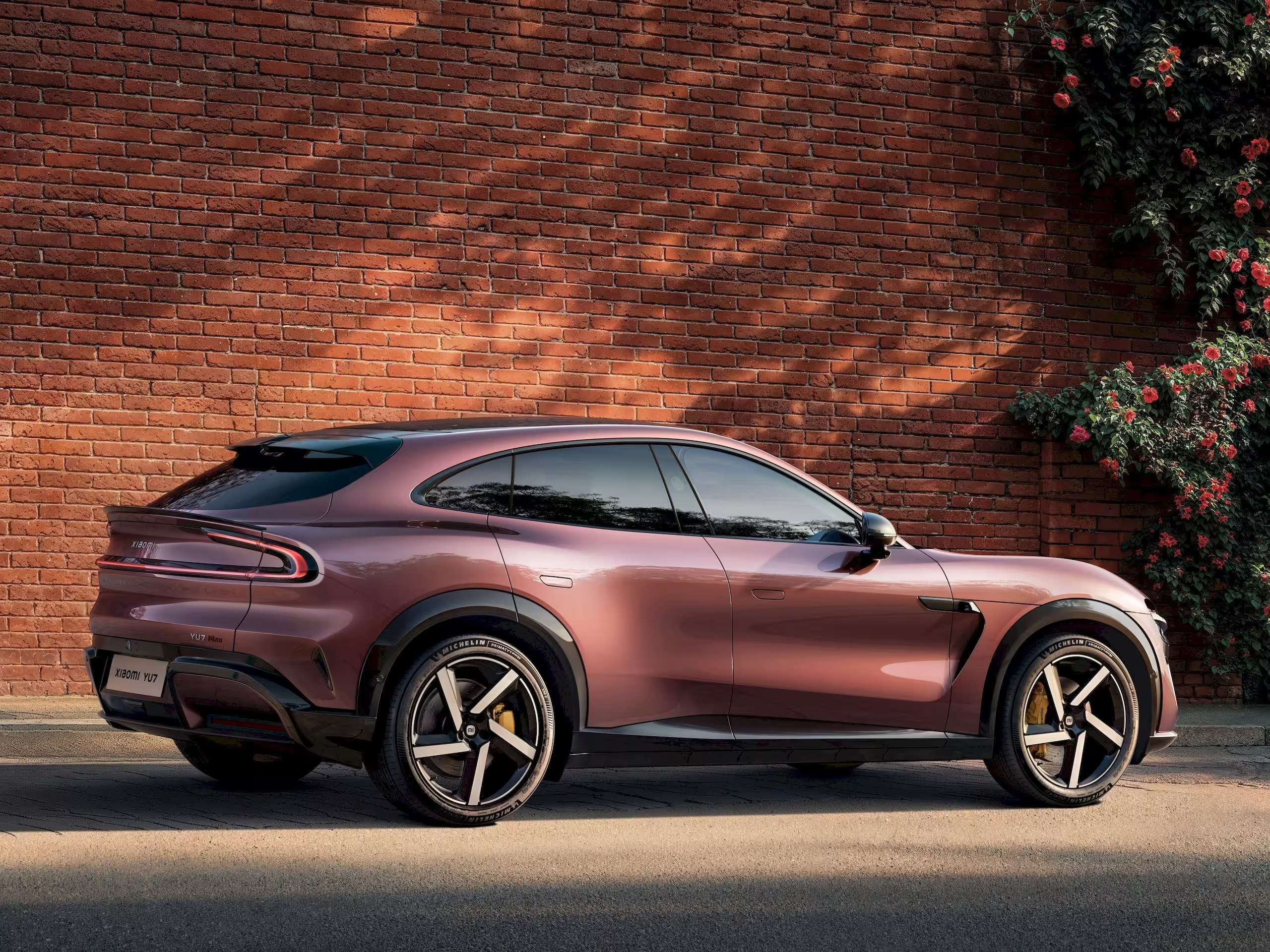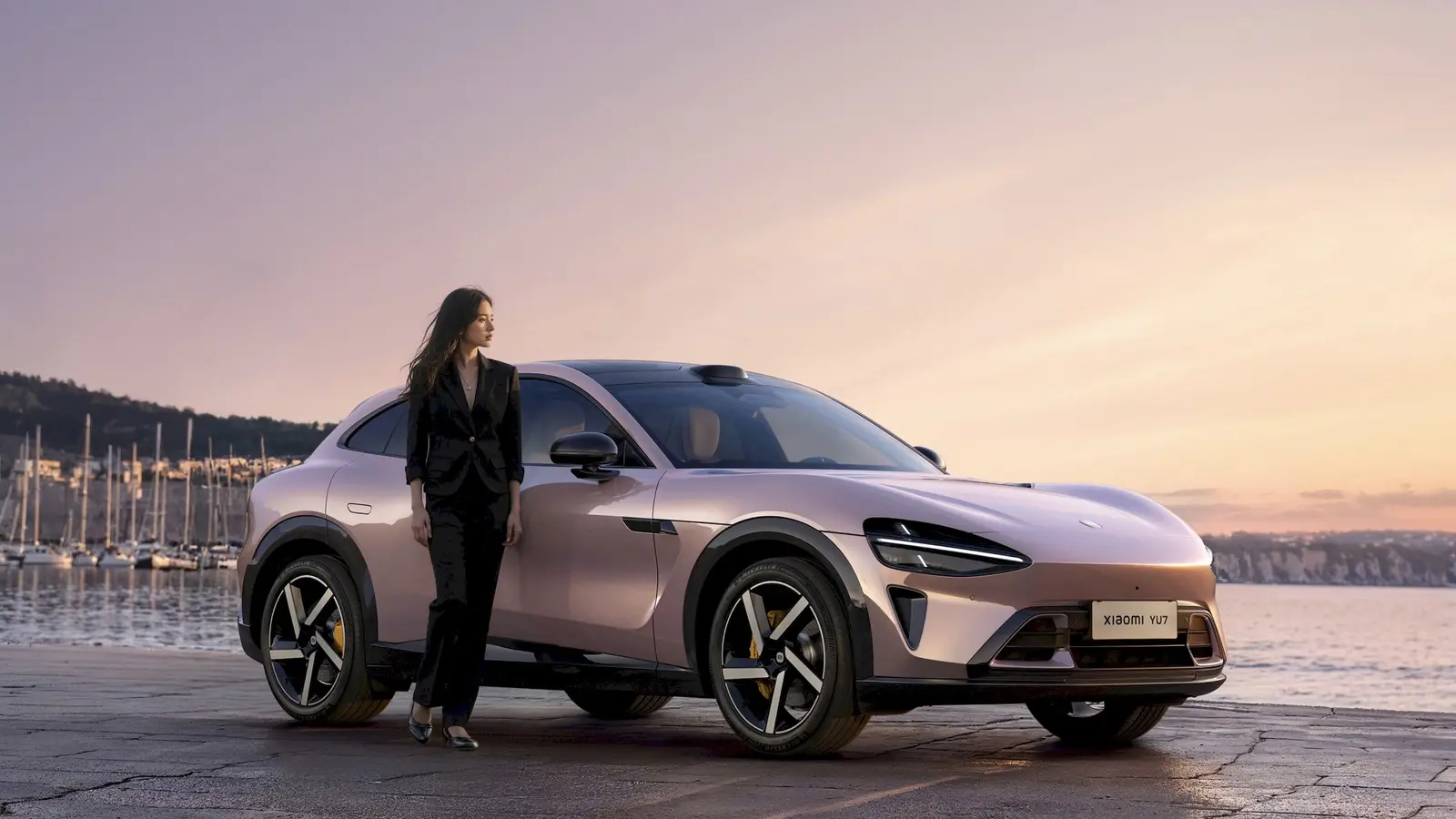5 Minutes
Xiaomi ramps production and ups its 2025 EV target
Xiaomi has smashed through the delivery targets it set for 2025 and is now raising the bar. The consumer-tech giant-turned-automaker reported its first quarterly operating profit for its automotive division and accelerated deliveries in the third quarter, prompting management to lift the full-year delivery outlook from 350,000 to 400,000 electric vehicles.
Key milestones and numbers
- Q3 2025 deliveries: 109,000 vehicles
- October deliveries: 48,650 vehicles
- First quarterly operating profit for the auto unit: 700 million yuan (~$98.5 million)
- Cumulative deliveries since launch: over 400,000 in roughly 18 months

CEO Lei Jun signaled confidence that Xiaomi will hit — and possibly exceed — the newly stated 400,000 EV target for 2025. During the company’s Q3 briefing he noted that the original 350,000 guidance will be met imminently and that the company’s production cadence has accelerated faster than anticipated.
From smartphone maker to serious EV contender
Xiaomi’s rapid ascent highlights how the Chinese EV market rewards speed, tight vertical integration and aggressive price-performance packaging. Initially compared to Apple for its ecosystem-driven approach, Xiaomi proves it can translate software, hardware and supply-chain expertise into a competitive automotive business. That makes Xiaomi more than a tech-company experiment — it’s now a mainstream carmaker in China.
This is important context for global readers: Tesla once showed outsiders can become major automakers. But Tesla has loosened its singular grip on headlines and market mindshare, and Chinese brands — most notably BYD and now Xiaomi — have closed the gap with prolific product rollouts and competitive pricing.

YU7 SUV: breakout hit
One of Xiaomi’s most important products this year is the YU7 SUV. Launched only months ago, the YU7 climbed to the top of China’s SUV sales rankings in October, outpacing rivals with a mix of attractive design, technology-rich interiors and competitive value. Xiaomi expects the YU7 to remain one of its sales pillars in the near term, underpinning both volume and brand recognition.
While Xiaomi’s model portfolio is still concentrated in China, the company has announced plans to expand into Europe and other international markets — a move that could change competitive dynamics in markets already hungry for value-oriented electric vehicles.
Profitability and production pace
Arguably the most consequential news is profitability. Delivering cars is one thing; turning an automotive division into an operating profit center is another. Xiaomi reported a 700 million yuan operating profit for its smart EV and AI unit in Q3 2025, which management says marks the start of sustained automotive profitability.
Production milestones underline the momentum: Xiaomi rolled its 500,000th vehicle off the line roughly 18 months after its first car, and at the current ramp pace it could reach one million annualized output within a relatively short time frame. That blend of scale and margin is what makes Xiaomi a genuine threat to incumbents.
Market implications and competition
For Tesla, BYD and other global brands, Xiaomi’s strategy — rapid model launches, integrated electronics, and tight cost control — is a new type of challenge. Xiaomi’s vehicles so far have been positioned to compete on both features and price, forcing rivals to sharpen their value propositions.
Quote: “We will reach our initial guidance and push further,” Lei Jun said on social channels, reflecting the company’s bullish stance.

- Why it matters: Xiaomi combines software experience with hardware scale — a powerful mix for EV development.
- Short-term outlook: Continued production ramps, profitable quarters expected to continue.
- Long-term: International expansion could be the next major growth vector.
What to watch next
- Monthly delivery trends (to track whether October’s pace holds)
- YU7 and upcoming model launches (product updates and specs)
- European market entry plans and pricing strategy
- Profit margins and whether operating profit is sustained quarter-to-quarter
Xiaomi’s move from consumer electronics to profitable EV manufacturing is fast becoming one of the industry’s most notable success stories. If the company nails international expansion and maintains production momentum, it could reshape competitive dynamics in both China and Europe — and that’s a development car enthusiasts and industry watchers will be following closely.
Source: autoevolution
Comments
drively
Is this even true? 700M yuan profit in one quarter feels small after capex and subsidies. Deliveries spiked... but can they sustain it? if that’s real though, big
atomvex
Wow, Xiaomi profitable in EVs already? crazy fast. YU7 topping charts, pushing 400k - if that pace holds, Tesla better watch out. But can they keep margins up, esp with Europe plans? curious…


Leave a Comment